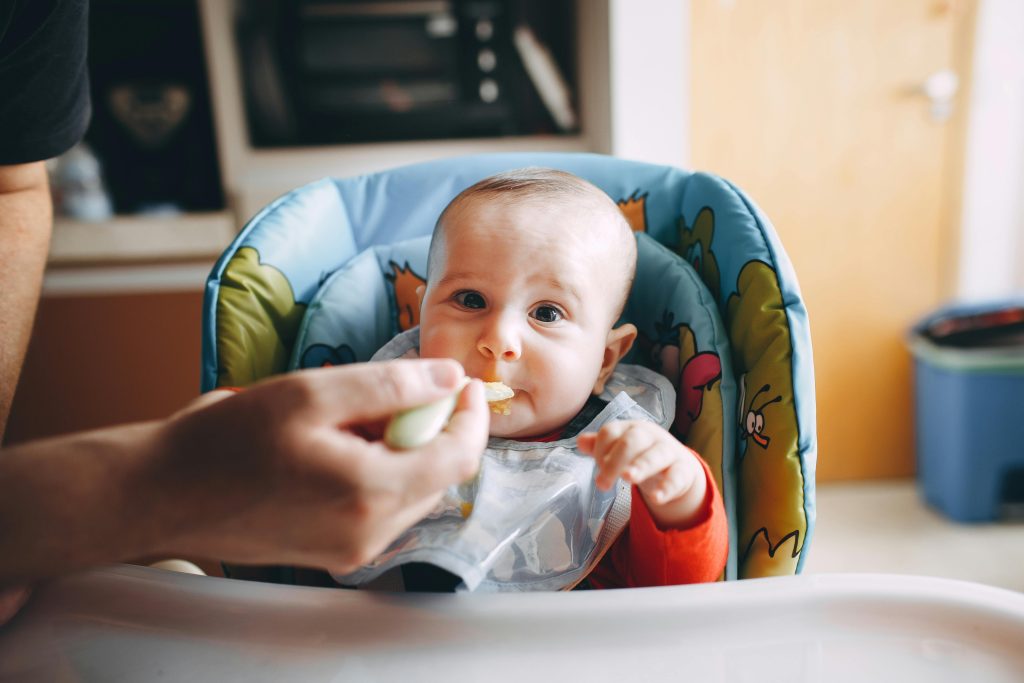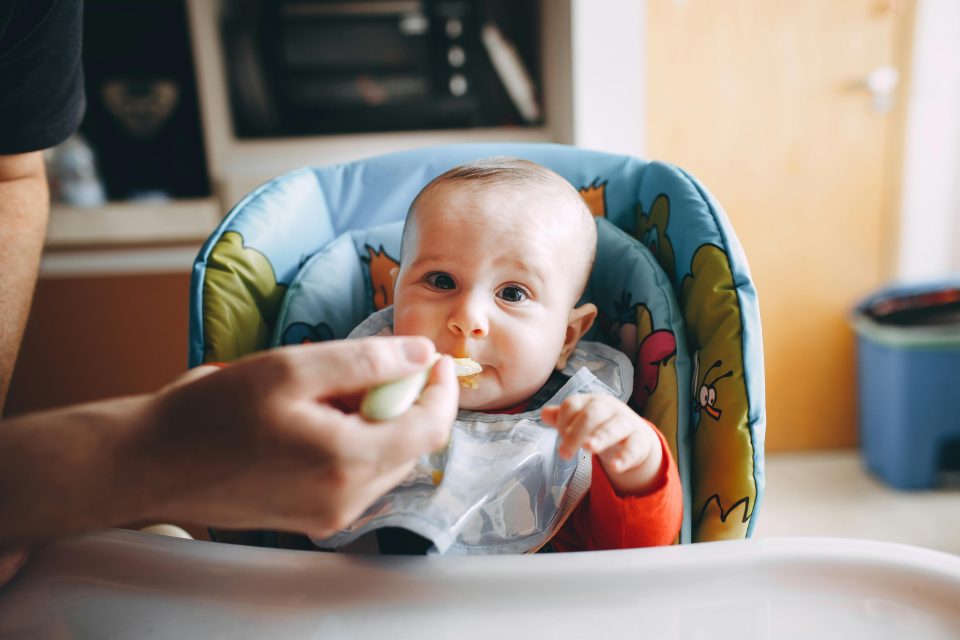
New research shows that Food Giant Nestle is intentionally exposing young children from developing countries like South Africa to foods containing high levels of sugar. The researchers found that biscuit flavoured baby cereal South Africa contains 6 grams of sugar while the same product sold in Switzerland, where Nestlé is headquartered, is available with no added sugar.
Alarmingly the report noted that “Cerelac wheat-based cereals for six-month-old babies sold by Nestlé in Germany and the UK has no added sugar, while the same product contains over 5 grams per serving in Ethiopia and 6 grams in Thailand.” The same cereal sold in South Africa contained 4 grams of sugar per serving.
It is a well known fact that the overconsumption of sugar is linked to obesity. South Africa is facing a growing crisis of childhood obesity. 1 in 8 children under the age of 5 are obese. This alarming statistic points to a grim future for these children, who are likely to grow into a cohort of adults where every second person is obese. Being overweight or obese is a well-known driver of diseases like cancer, heart disease, diabetes, and high blood pressure.
With low levels of nutrition literacy, it is difficult for ordinary people to make sense of the current nutrition labels on the back of food products. Additionally, parents and caregivers who want to make the best choices for their children are often lured in by false claims of healthfulness and enrichment made by food producers.
The Healthy Living Alliance (HEALA) reiterates its call for the ratification of front-of-pack warning label (FOPWL) regulations on foods containing high levels of salt, sugar and saturated fat to protect caregivers from predatory food organisations like Nestlé. In 2023, the the National Department of Health (NdoH) published R3337, putting forward a draft regulation to introduce front-of-pack labelling in South Africa. These labels are intended to make it easier for everyone to identify these foods and make better food choices for themselves and their families.
Additionally, the regulation makes provision for marketing restrictions to be placed on foods bearing a warning label. This will protect consumers from unfounded health claims made by food producers.
“HEALA continues to call for the South African government to strengthen their regulation and policy framework to safe guard the health of the children, which at risk due to major unhealthy food producers such as Nestle. We are calling for government to review and tighten the Marketing Restriction to Children Regulation, urgently promulgate regulations on unhealthy food through FOWPL, enact policies that make schools healthy food zones, and protect academia from conflict of interest due to industry interference,” says Nzama Mbalati, HEALA, acting interim CEO.
Additional sugar was not only found in baby cereals, added sugar was also detected in Nido powdered milk marketed to children from the age on one.
Nestlé’s has a history of intentionally violating regulations put in place to protect the young. South Africa has regulations in place that prevent companies from aggressively promoting consumption of ultra-processed food, including products with a high sugar content. However, in 2021 Nestlé was caught flouting R991 regulations meant to safeguard the nutrition and health of South African children by organising a webinar with a potential giveaway to parents who attended. The department’s regulations are meant to safeguard the nutrition and health of South African children.
“Unethical behaviour in sales and marketing is something Nestlé is familiar with. Being the world’s largest food and beverage corporation, Nestlé has made a reputable name and made excessive profits for themselves at the expense of children and adults health globally,” Mbalati says.
While positioning itself as the solution to serious, life threatening issues like hidden hunger , Nestle pushes products with added sugars to food insecure children in developing countries.
HEALA is urging the government to do everything in its power to protect South Africa’s most vulnerable. The consequences of allowing big food companies to run rampant in our country are terrifying and should be a concern for us all.
About HEALA:
HEALA is a coalition of civil society organisations that advocates for equitable access to affordable and nutritious food for all in South Africa.
INFO SUPPLIED BY HEALA.


